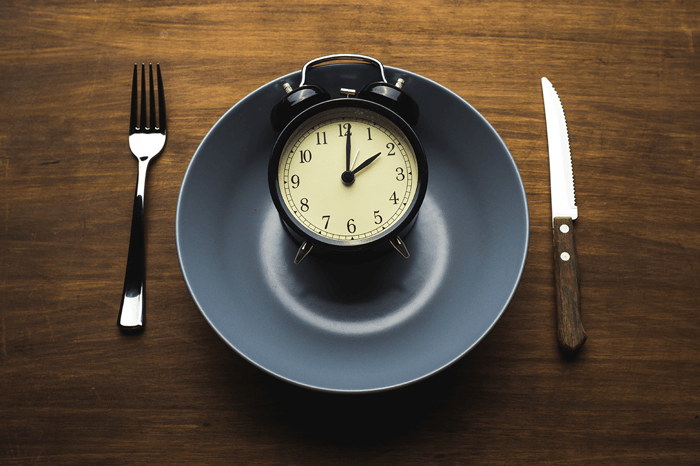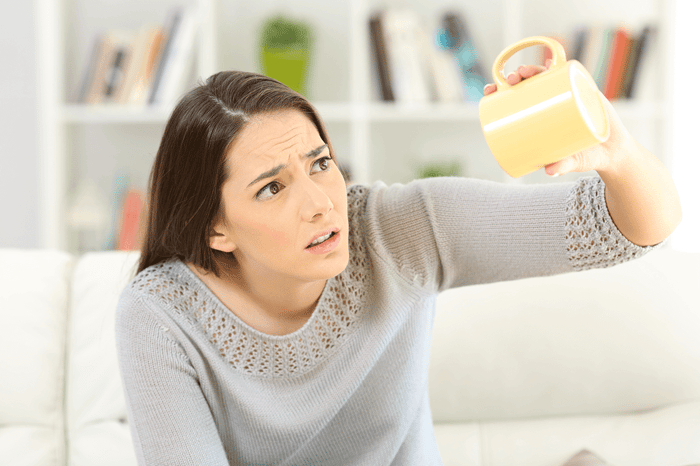
While it’s apparently cool (I… guess?) to be anti-caffeine these days if you’re a self-proclaimed health guru on social media—hey, it’s a quick, easy way to make you look like you know something your audience doesn’t—caffeine isn’t some synthetic stimulant that coffee roasters add to their coffee.
Caffeine is natural.
Meaning, it occurs naturally.
In plants.
Coffee plants.
And there’s a lot of science out there that demonstrates that enjoying your favorite beverage could help you lose weight in the long run—and have other health benefits as well.
Let’s start with the basics.
Caffeine is a stimulant that increases energy and metabolism in the body.
Coffee contains caffeine… unless it’s decaf.
So let me rephrase that—real coffee contains caffeine. (You know what I mean.)
From here, it doesn’t require great logical leaps to see how a stimulant that gives you an energy boost, increases your metabolism, and, for many people, seems to have an appetite suppressing effect… could help you lose a few pounds.
But if you’re interested in understanding the connection between caffeine and losing weight better, let’s go ahead and dig a little deeper.
Katherine Zeratsky, a registered dietician at Mayo Clinic, told USA Today that while research on the connection between caffeine and weight isn’t definite, there are a few theories out there on how caffeine could affect weight and weight loss.
For example, one theory out there (that few would probably argue with) is that caffeine suppresses the appetite and reduces feelings of hunger.
She added that ingesting caffeine, by itself, isn’t enough to contribute to long-term weight loss due to other factors that need to be taken into consideration.
You know where I’m headed with this—two of the main factors are whether you’re getting enough exercise, and how healthy your diet is.
Ashley Shaw, a counseling dietician at Natus Wellness, told USA Today that how much your appetite is suppressed by caffeine can vary based on how often you drink it between meals.
She says, “If you were to drink coffee before you were to eat a meal, you would probably feel a little bit more full than you normally would if you drank a cup of water. You might not eat as much of your meal, and that is probably where you're going to see that weight loss effect.”
Indeed, caffeine is a stimulant that seems to suppress appetite for a lot of people, even if the reason isn’t fully understood. But just like caffeine’s other effects on the human body, this tends to be specific based on the individual’s biology.
How is your appetite after you drink coffee? I know that personally, when I drink a lot of coffee, it’s a lot easier for me to skip snacks between meals.
What about those other health benefits I mentioned?
Coffee contains some antioxidants and unique anti-inflammatory compounds. According to Edward Giovannuci, a professor of nutrition and epidemiology at the Harvard School of Public Health, reviews of studies have shown that coffee has been associated with a probable decreased risk of Type-2 diabetes, as well as certain cancers.
He does say that there may be acute effects of too much caffeine in susceptible people in raising blood pressure and causing sleep disturbances.
"Yet, overall, coffee drinkers have a lower risk of cardiovascular disease,” he added. “So as long as you don't suffer these acute effects, you shouldn't worry.”






